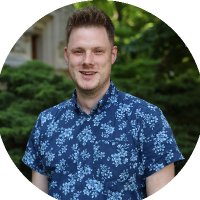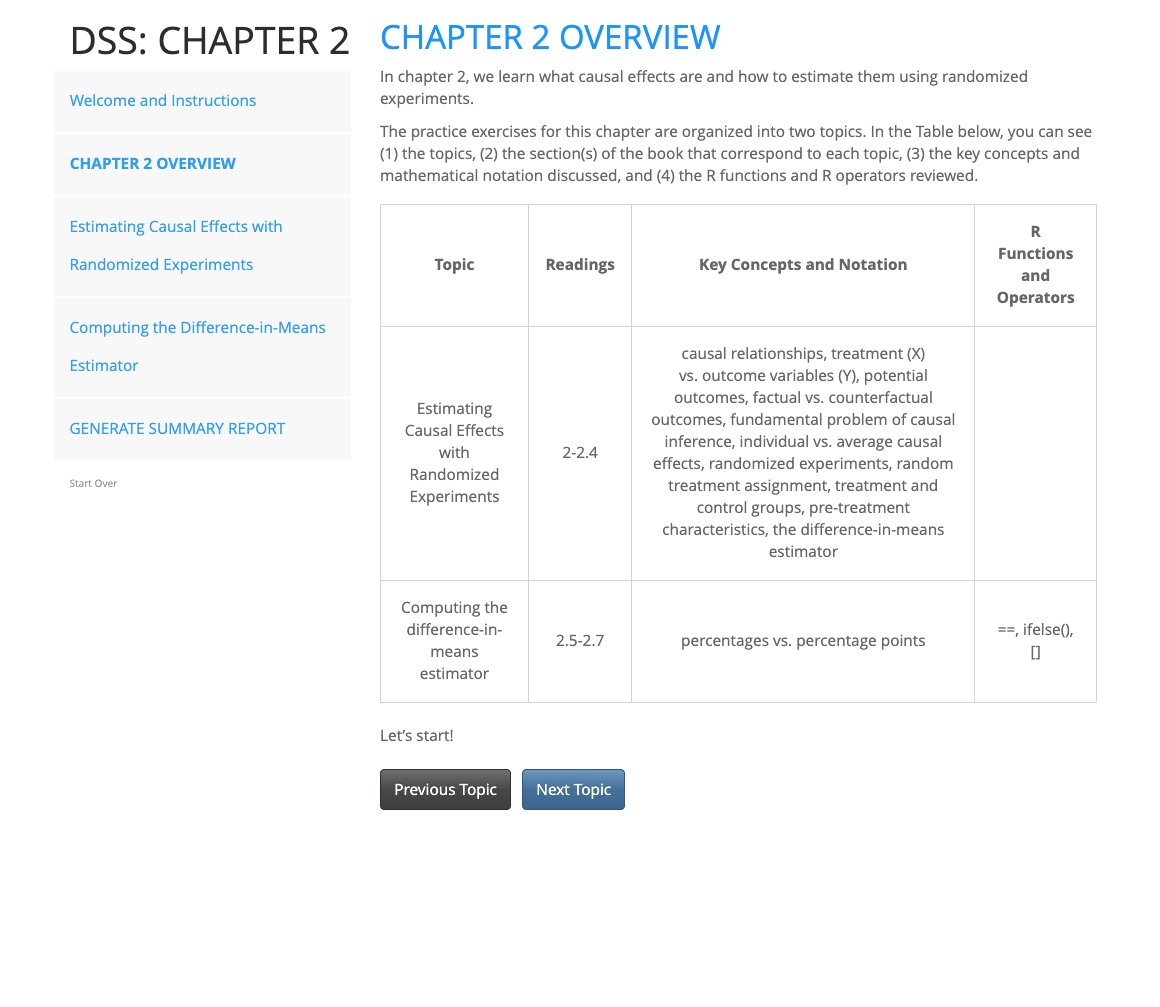
Jeewon Oh
@jeewon_oh
Assistant professor in Psychology @ Syracuse University interested in close relationships, singlehood and well-being
ID: 1176506318909108225
24-09-2019 14:39:07
78 Tweet
279 Followers
248 Following



I instruct an upper-year undergraduate course on Healthy Aging at Queen's University - for one of the assignments, students were asked to create an infographic discussing a common myth about aging. I have permission to share some of the infographics with you... 1/7



Dr. Erin O’Mara Kunz Dr. Raechel N. Soicher Allie Farrell Lisa Jaremka Thanks Erin! I will indeed be offering the week-long again (at least once) this summer. Summer schedule is just starting to come into focus, so I'm hoping to pick date(s) in Jan.!

Published a paper with some MSU Psychology undergrads and Jeewon Oh. It's about cancelling plans you've made with friends. It's up to you how you use this information. I accept no responsibility for your actions. Open Access Link from Collabra: Psychology: online.ucpress.edu/collabra/artic…


Attending MidwesternPsychAssociation this week? Check out presentations by MSU Psychology 's Close Relationship Lab!


How parents treat us as children is likely important, based on research and the questions some therapists ask clients. It’s in the past, so people should report the same memories about their childhood if you ask them twice….right? A thread! OA: onlinelibrary.wiley.com/doi/full/10.11… 1/17

As singlehood studies grows it needs to be founded on reasonable inferences from a solid evidentiary base. We have a new paper on different methodological approaches to studying singlehood. With the amazing (and on the market) Yoobin Park and @YuthikaGirme compass.onlinelibrary.wiley.com/doi/10.1111/sp…







I'm extremely happy to share that I've started a position as an assistant professor BYU Pyschology Department. ⤵️


I’m reviewing applications for PhD students to join me at UMN Psychology in 2025! Apply if interested in the intersection of clinical and personality science, HiTOP, and using intensive longitudinal methods to study patterns of everyday behavior that maintain psychopathology. Info:



